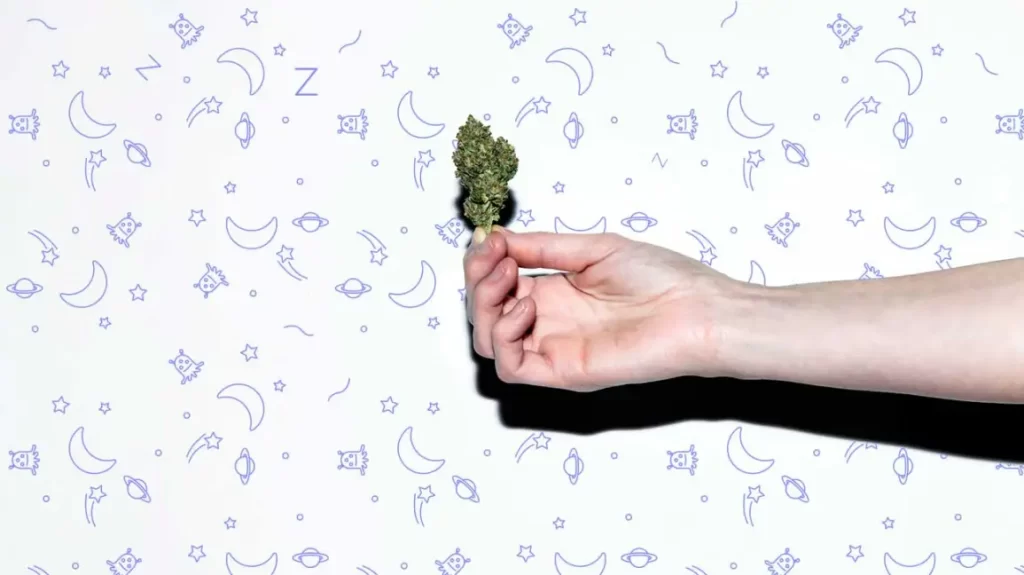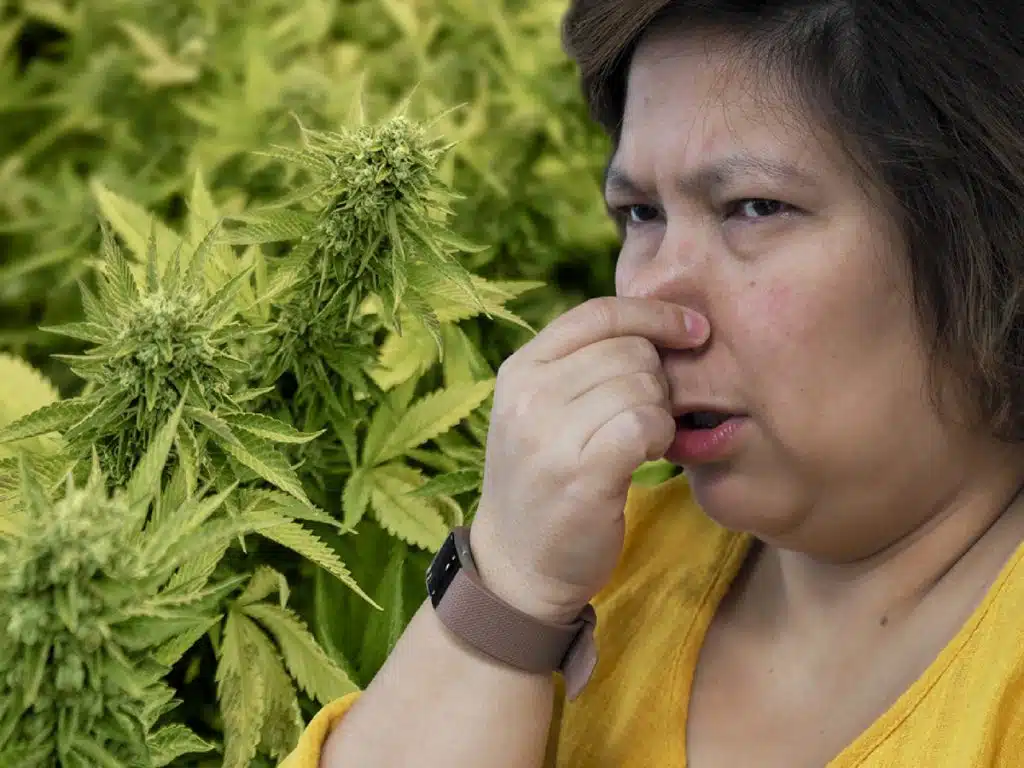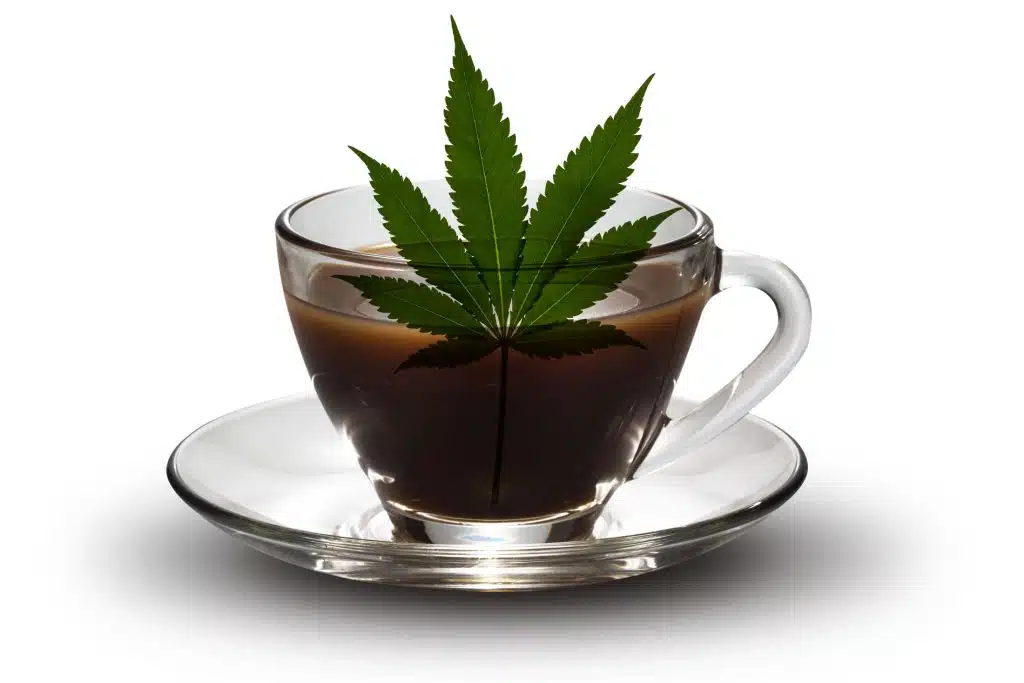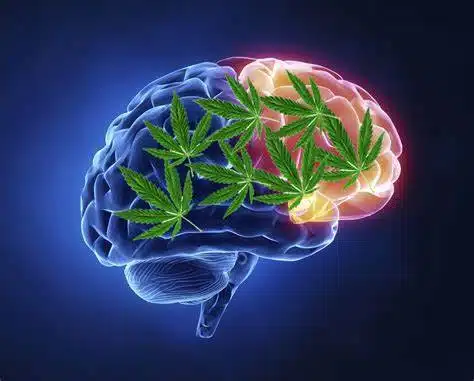Weight & Weed: Why Do Users Weigh Less?
The weight loss industry is worth billions of dollars every year because people want to be healthier and look better. Dieting, detoxing, and following a Paleo diet are some of the most popular methods for shedding pounds.
And yet, as studies keep telling us, results from dieting are almost never permanent. It’s enough to make the diet-weary give up and forget it—which, coincidentally, may be an effective slimming strategy in itself. It may seem counterintuitive, but using cannabis may help.
Dr. Stephen Glazer, an expert on obesity and metabolism, says that while research is still in its early stages, there is evidence to suggest that the endocannabinoid system plays a significant role in both obesity and metabolic disorders.
What Is Cannabis?
Cannabis is a plant species in the family Cannabaceae. It includes three primary subspecies: Cannabis sativa, Cannabis indica, and Cannabis ruderalis. Cannabis has been used for a variety of purposes, including for its medicinal and recreational effects. It is also known for its psychoactive compounds, such as tetrahydrocannabinol (THC) and cannabidiol (CBD).
What Is THC?
Tetrahydrocannabinol (THC) is a psychoactive compound found in the cannabis plant. It is responsible for the “high” commonly associated with cannabis use. THC acts on the cannabinoid receptors in the brain, which are involved in the regulation of mood, appetite, and other cognitive functions. The amount of THC in cannabis varies depending on the strain, with some strains having higher levels of THC than others.
What Is CBD?
CBD stands for cannabidiol, which is a naturally occurring compound found in the cannabis plant. CBD is one of many compounds, known as cannabinoids, that are found in the cannabis plant. Unlike the more well-known compound tetrahydrocannabinol (THC), CBD is non-psychoactive, meaning it does not produce the “high” commonly associated with cannabis use.
CBD has become increasingly popular in recent years as a natural remedy for a variety of health conditions, including anxiety, pain, and insomnia. It is also used to manage symptoms of conditions such as multiple sclerosis and help with epilepsy. CBD is available in a variety of forms, including oils, capsules, and topical creams.
The fatty acid connection
The connection between fatty acids and health is well-established. Numerous studies have shown that consuming fatty acids can help improve overall health, including reducing the risk of heart disease and stroke.
The endocannabinoid system is a network of cellular receptors that helps keep the body in balance. The CB1 receptors within the endocannabinoid system interact with THC, causing the feeling of euphoria.
Glazer says that the CB1 receptors play a major role in energy uptake, storage, and conservation. When these receptors are activated by THC, it increases our sense of taste and smell, and activates our brain’s appetite center.
He believes that medical cannabis can help his patients at CannaWay who are receiving chemotherapy to regain their appetite.
We are discussing the topic of weight loss. Is that not what we are here to talk about? Yes, that is correct.
According to Glazer, recent research suggests that the Western diet, which is high in omega-6-fatty-acids and low in omega-3-fatty-acids, leads to chronic and excessive stimulation of the CB1 receptors.
The ideal ratio of omega-6 to omega-3 for the human body is 3:1. However, in the average Western diet, this can be as high as 20:1. This imbalance could be caused by overactive CB1 receptors.
Glazer argues that overstimulating our cannabinoid receptors can lead to weight gain, unhealthy cholesterol and triglyceride levels, insulin resistance, inflammation, and an increased risk of heart disease.
The food we consume throws our bodily systems out of balance, resulting in negative health effects.
Cannabis to the rescue?
Although it may seem paradoxical, evidence suggests that using cannabis regularly can help reduce weight by calming the overstimulated CB1 receptor over time. This is known as down-regulation.
Cannabis may help to lower body mass index (BMI) and obesity rates, according to a study by Glazer. This is because cannabis can down-regulate CB1, which may suppress appetite while increasing calories burnt.
Although THC is known to affect appetite, there is evidence that another cannabinoid, THCV, may actually block the effect of THC on CB1 receptors, potentially suppressing appetite. THCV may also increase connectivity in areas of the brain associated with appetite, which could potentially help reduce the incidence of obesity.
The pharmaceutical industry has already looked into the idea of blocking CB1 receptors to suppress appetite. A drug called Rimonabant showed promise in laboratory tests, but clinical trials revealed negative psychiatric side effects, so the research was abandoned.
Working on brown fat may help improve your health and appearance.
Work that brown fat
CBD, the cannabinoid that has been gaining popularity in recent times, could also be responsible for helping people to lose weight. CBD has been shown to increase our body’s brown fat, which is a type of fat that burns through regular body fat for fuel.
According to Glazer, this could have a number of positive effects related to fat cell metabolism and energy expenditure, making it a potentially promising therapeutic agent for obesity prevention.
Glazer acknowledges that there is growing evidence connecting cannabis with healthy body sizes, but is cautious to attribute this solely to the handful of cannabinoids mentioned above.
We need to remember that the cannabis plant contains over 250 different chemicals, and research is still in its early stages, focusing mainly on THC and CBD. More research is needed to get definite answers, but we are making progress and the future of cannabis use and research looks promising.
Conclusion
If you are interested in cannabis and THC products, check out Ganja West online dispensary at ganjawest.co!













